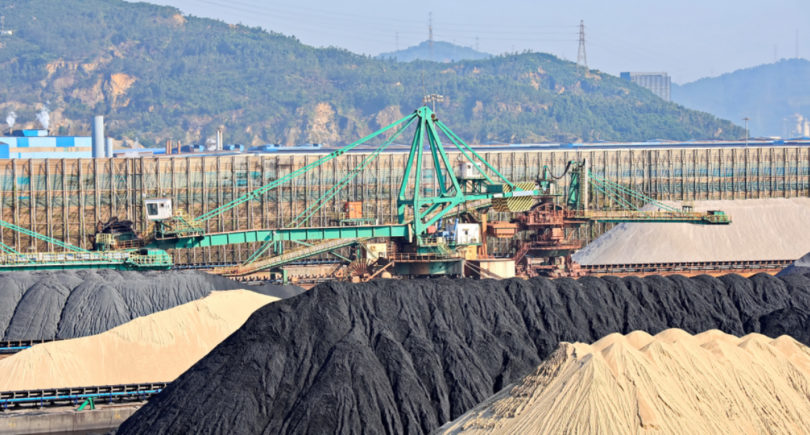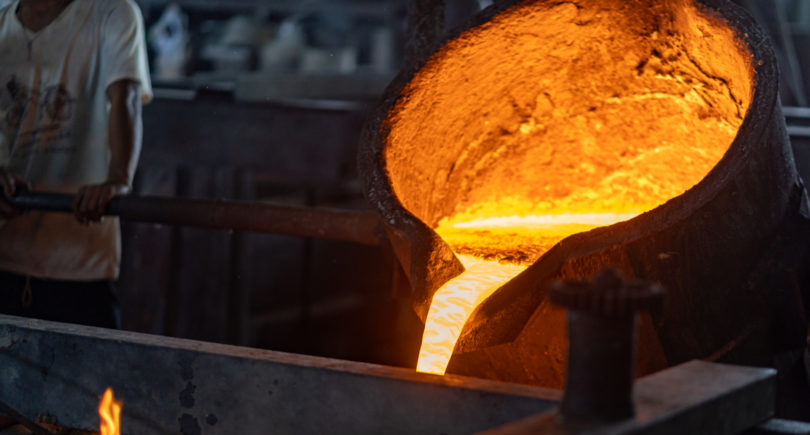
News Global Market eurozone 1070 03 March 2023
Energy price growth slowed to 13.7% in February
Inflation in the Eurozone in February 2023 climbed to 8.5% in annual terms. This is evidenced by preliminary Eurostat data, informs Bloomberg.
Inflation slightly slowed down compared to 8.6% in January, but it turned out to be higher than experts’ forecasts. According to a survey of economists of the publication, the average estimate was 8.3%.
Energy price growth in the Eurozone slowed from 18.9% in January to 13.7% in February. The situation caused by the Russian invasion of Ukraine was eased by a mild winter on the continent, and the effect will become more noticeable in March 2023.
The slowdown in Eurozone inflation was less than expected, while core inflation, a key point for policymakers, rose to a new record high of 5.6% from 5.3% in January 2023. This increases expectations that the European Central Bank (ECB) will have to increase the deposit rate, which currently stands at 2.5%. Investors believe that it will reach a peak of 4%.
The ECB will certainly raise the deposit rate by another 50 basis points in two weeks. The next steps are currently under discussion. Thus, the president of the European Central Bank, Christine Lagarde, told Spanish television that the increase will probably have to be extended, as inflation does not show a steady decline.
As GMK Center reported earlier, in January 2023, core inflation in the eurozone rose to a record level. The rate of basic prices growth, according to Eurostat, reached 5.3%. A Eurostat highlights the long-term effects of a price shock in Europe after Russia’s war in Ukraine sent energy prices soaring. In order to curb inflation, the ECB raised interest rates by 3 percentage points from July 2022.



